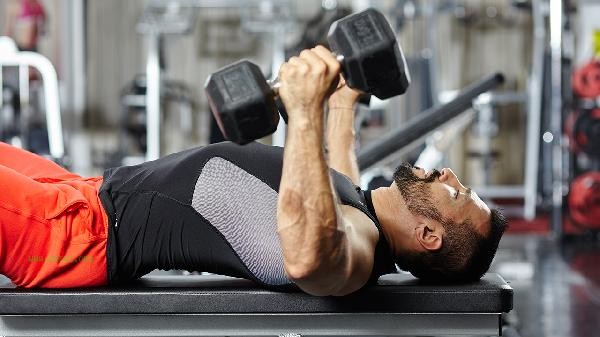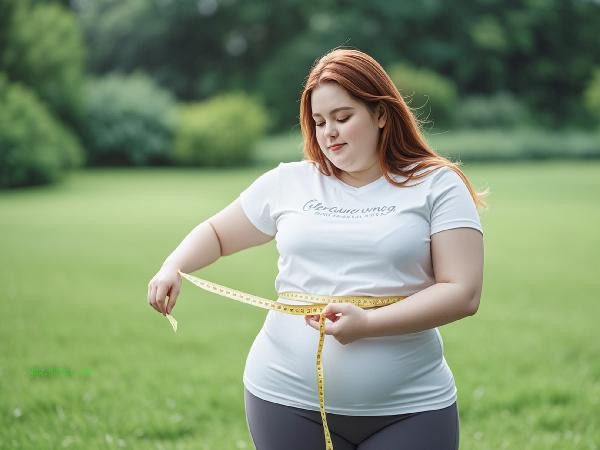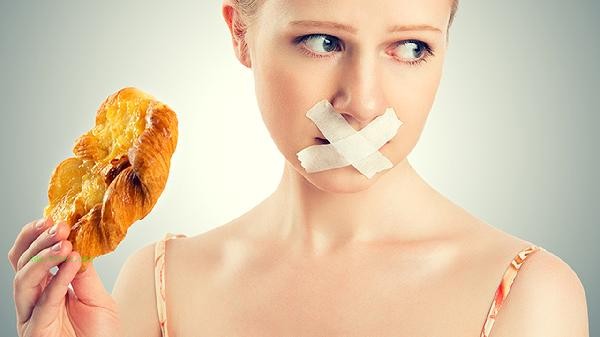The three meals a day for scientific weight loss should follow the principles of low calorie, high nutrition, and regular eating. It is recommended to have a high protein and low-carbon water breakfast, a balanced lunch, a light and small dinner, sufficient water intake, and moderate meals.

1. Breakfast: High protein activation
It is recommended to consume 20-30 grams of high-quality protein for breakfast, such as boiled eggs, sugar free yogurt, or chicken breast, paired with about 50 grams of slow carbohydrates such as oatmeal or whole wheat bread. Protein can prolong satiety and reduce muscle loss, while slow carbon can stabilize blood sugar. Avoid high fat and sugar foods such as deep-fried dough sticks and cakes, and add a low GI fruit such as apples or blueberries to supplement vitamins.
2. Lunch: Balanced nutrition
Lunch should include 150 grams of lean meat fish and shrimp/chicken breast/lean beef, 200 grams of non starchy vegetables broccoli/spinach, and 50 grams of coarse grains brown rice/quinoa. Using low oil cooking methods such as steaming and cold mixing, control the total calorie intake at 400-500 kcal. Pay attention to eating vegetables first, then protein, and finally carbohydrates to help control postprandial blood sugar fluctuations.
3. Dinner: light and small

Dinner should be completed 3 hours before bed, mainly 150 grams of boiled vegetables and 100 grams of tofu/fish, which can be paired with half root corn or half bowl of coarse grain Congee. Avoid high salt and high-fat foods to reduce digestive burden. If you are hungry at night, you can drink 200 ml sugar free soybean milk or eat 1 protein to prevent the decline of metabolic rate at night.
4. Reasonable Additional Meal
1-2 additional meals can be arranged between two meals, with each meal not exceeding 100 calories. Recommend 10 almonds, 1 cherry tomato, or 1 cucumber to alleviate hunger and avoid overeating during meals. It is recommended to have an additional meal at 10am or 3pm, with a minimum interval of 2 hours between the main meal.
5. Drinking Water Management
Drink 2000-2500 milliliters of water daily, divided into 8-10 portions. Drinking 300ml of warm water on an empty stomach in the morning can promote metabolism, and drinking 500ml of water 30 minutes before meals can reduce food intake. Avoid sugary drinks and drink green tea, lemon water, or sugar free black coffee to improve fat burning efficiency. During the weight loss period, in addition to scientific meal preparation, it is recommended to engage in 150 minutes of moderate intensity exercise such as brisk walking, swimming, etc. every week, and maintain 7-8 hours of sleep. Recording daily diet can help identify bad habits, and when encountering plateau periods, you can consult a nutritionist to adjust your dietary structure. Maintain a light and slow paced diet for a long time, avoiding extreme dieting that can lead to a decrease in basal metabolism. If combined with chronic diseases such as diabetes, it is necessary to develop personalized recipes under the guidance of doctors.





Comments (0)
Leave a Comment
No comments yet
Be the first to share your thoughts!